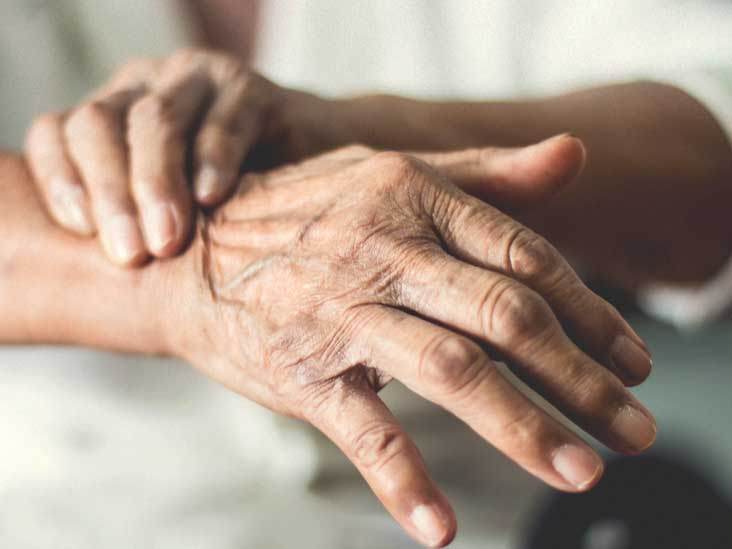Dr. Joon Faii Ong is a recognized authority in the field of Parkinson’s Disease research and treatment. In this article, Dr. Ong gives signs of Parkinson’s Disease that you should immediately see your doctor about.
1. Tremors in the hands and fingers
A tremor in Parkinson’s Disease is typically a shaking of the hand and fingers when at rest, particularly in the thumb, index finger, and middle finger. Sometimes tremors can even affect your chin or lips. People with advanced-stage Parkinson’s may also have difficulty holding objects such as a coffee cup due to the tremor.
2. Loss of Smell
Loss of smell is another early sign that can occur before any other symptoms appear. The loss of sense of smell associated with Parkinson’s Disease is usually bilateral (affecting both sides). People with PD may find that their food does not taste as good as it used to, and they also lose their sense of smell.
3. Weakness in one or both limbs, particularly on one side of the body
Weakness and slow movement are some of the earliest signs before any other symptoms such as tremors appear. The two most common types of weakness are “lead-pipe,” where all your muscles throughout your body feel weak, and “resting,” where you experience weakness only when resting, particularly in one limb.
4. Gait disturbance or freezing of gait
People with Parkinson’s Disease tend to start walking slower than usual due to stiffness of the limbs, which makes them appear as if they are taking small steps. As the disease progresses, people also tend to shuffle their feet due to the stiffness and trembling of the limbs.
5. Speech problems such as soft voice, slurred speech, or difficulty speaking
This is usually one of the first symptoms that you notice in Parkinson’s Disease. There are a variety of symptoms associated with speech, including trouble saying words, pausing when talking, and having a soft voice. Some may also speak in a monotone and slur their words. Also, many people with Parkinson’s Disease tend to lose their ability to express themselves through facial expressions such as smiling and blinking eyes.
6. Cognitive or thinking problems such as difficulty concentrating, forgetfulness, or language difficulties
As Parkinson’s Disease progresses, some people may notice difficulty concentrating, remembering things, or finding the right words to say. However, they may also appear to be in their world.
7. Loss of automatic movements, which is caused by dopamine deficiency in Parkinson’s Disease
One example of this is drooling while sleeping; this occurs because there is no muscle tone to prevent the saliva from drooling down your cheek. Other examples include hyper-flexible joints, excessive blinking, and pronation of the feet.
8. Mood problems such as depression or apathy
Many people with Parkinson’s Disease will suffer from depression because they cannot do things that were previously easy for them. In addition, most people suffering from this disease have difficulty coping with the changes to their bodies and losing control of their bodily functions.
